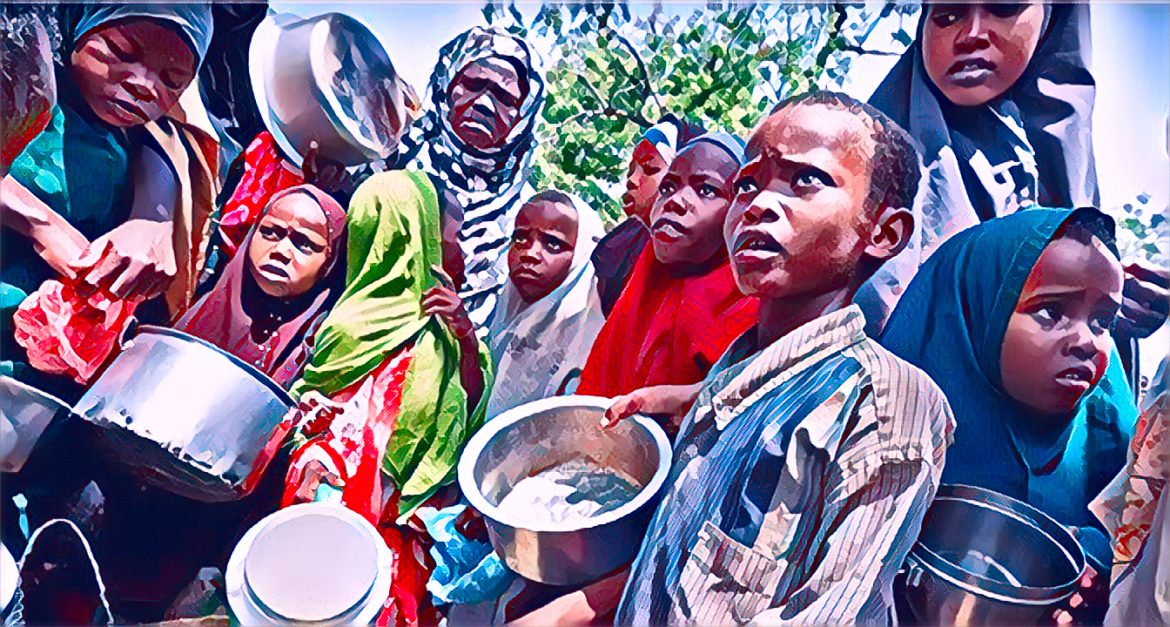KEY POINTS
- At least 5.3 million Zimbabweans are facing food insecurity due to the drought.
- Rural Zimbabwe is severely impacted, with 46% of the population food insecure.
- Businesses in drought-hit areas have seen a 50% decline due to constrained livelihoods.
According to a report released by the World Food Programme (WFP), over 5.3 million individuals in Zimbabwe are experiencing severe food insecurity due to the impact of El Niño which has contributed to the severe drought in the country.
Severe impact on Agriculture and Livelihoods
Using the WFP’s HungerMap LIVE tool that collects information concerning food consumption, income-generating activities, and survival strategies, the number of people facing a deficiency in food consumption rates could be significantly greater. The report shows that 5.9 million people living in rural areas have so little to eat, alongside 1.7 million people in urban areas.
Another report from July to September of the 2024 Zimbabwe Rural Livelihood Assessment Committee (ZimLAC) revealed that 46 percent of the rural population is battling food insecurity.
Also, the WFP report showed that 52 percent of households were slightly food insecure, while 12 percent experienced severe food insecurity as of July 2024. Mashonaland Central Province had the highest percentage of food insecurity at 60 percent while all other provinces had above 50 percent.
Economic impact of the drought
According to a report by Newsday, the food crisis has also led to a major decline in the standard of living. Many of the businesses in rural areas have reported a reduction in revenue, which is a result of limited income for the members of the community.
Also, activities like gardening and brick-laying, which require water have been greatly affected; more than half of the businesses have shut down.
In May 2024, President Emmerson Mnangagwa declared the drought a national disaster calling on the international community to assist with $3 billion to combat the crisis. The government and the international aid agencies are under immense pressure to mitigate the crisis.


